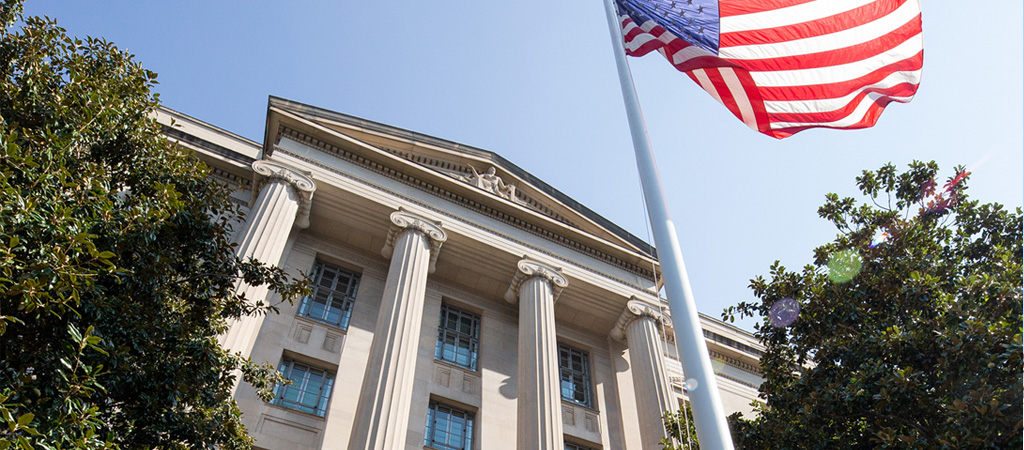
U.S. Department of Justice
The U.S. Department of Justice (DOJ) is the federal executive department responsible for enforcing the laws of the United States and ensuring public safety against foreign and domestic threats. It was established in 1870 by the Act to Establish the Department of Justice, signed into law by President Ulysses S. Grant. The DOJ's primary mission is to ensure fair and impartial administration of justice, protect the rights of all citizens, and safeguard the interests of the United States.
The DOJ is headed by the U.S. Attorney General, who is appointed by the President and confirmed by the Senate. The Attorney General serves as the chief legal officer of the federal government and oversees the department’s various divisions, including the Federal Bureau of Investigation (FBI), Drug Enforcement Administration (DEA), Bureau of Alcohol, Tobacco, Firearms and Explosives (ATF), and U.S. Marshals Service. The Office of the Solicitor General, which represents the federal government before the U.S. Supreme Court, is also part of the DOJ.
The DOJ is involved in a wide range of legal activities, from prosecuting federal crimes, including terrorism, espionage, and large-scale fraud, to defending the government in civil litigation and conducting investigations into issues related to national security, civil rights, and antitrust law. The Civil Rights Division plays a key role in enforcing laws that prohibit discrimination based on race, sex, religion, and other protected characteristics. The Antitrust Division enforces laws designed to promote competition and prevent monopolistic practices.
The department works closely with state and local law enforcement agencies, as well as with international partners, to combat crime and terrorism. The DOJ also manages the Federal Bureau of Prisons, which oversees the incarceration of federal offenders.
In addition to its law enforcement and legal functions, the DOJ provides grants and support to various law enforcement initiatives and crime prevention programs throughout the country. The department’s role in shaping U.S. policy on matters like criminal justice reform, immigration enforcement, and cybersecurity has made it a central figure in many major national and international legal issues.
Stichworte
Quellen







